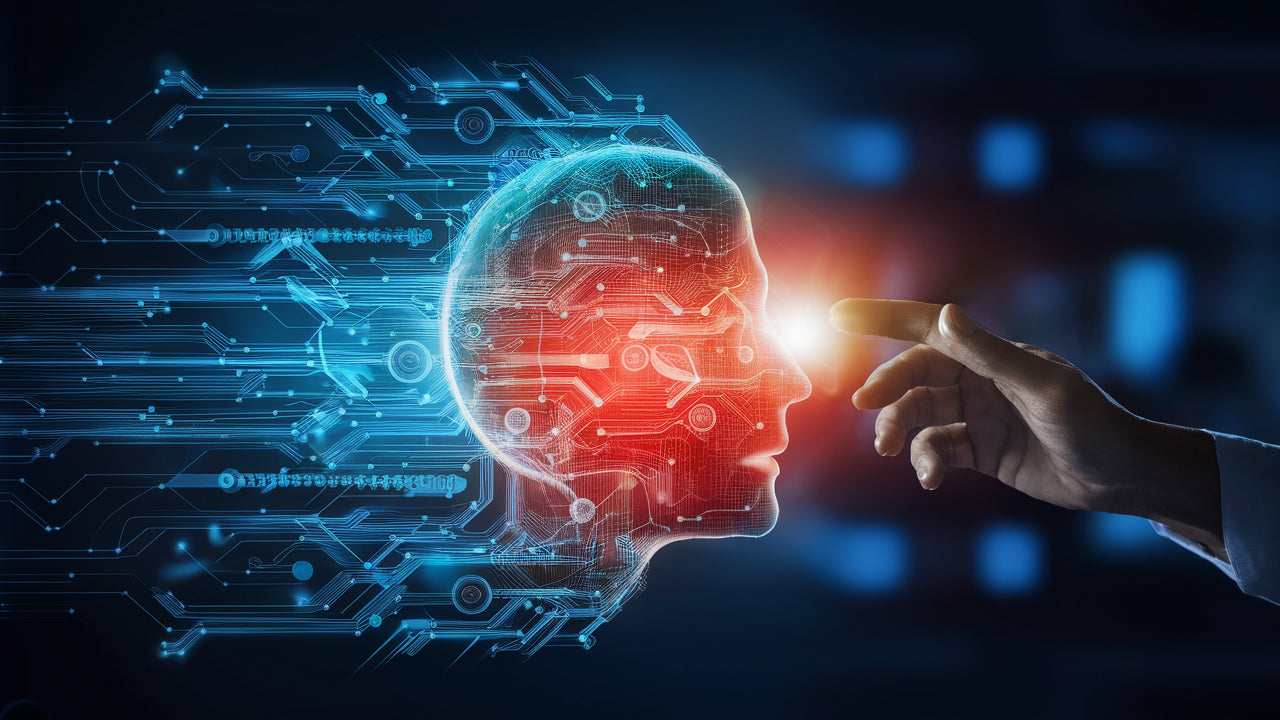Technology is altering our world at an impressive speed! Its sweeping modifications can be found everywhere and they can be explained as both thrilling, surgiteams.com and at the same time scary. Although individuals in many parts of the world are still trying to come to terms with earlier technological transformations together with their sweeping social and academic implications - which are still unfolding, they have been woken up to the reality of yet another digital revolution - the AI revolution.

Expert System (AI) technology refers to the ability of a digital computer or computer-controlled robotic to perform tasks that would otherwise have been carried out by people. AI systems are created to have the intellectual processes that identify people, such as the ability to factor, find meaning, generalize or learn from past experience. With AI technology, large amounts of info and text can be processed far beyond any human capability. AI can also be utilized to produce a large variety of new material.
In the field of Education, AI technology includes the potential to allow new kinds of teaching, finding out and educational management. It can also improve finding out experiences and assistance instructor jobs. However, regardless of its positive capacity, AI also postures significant risks to students, the mentor community, education systems and society at big.
What are some of these risks? AI can reduce mentor and finding out procedures to computations and automated tasks in ways that cheapen the function and iuridictum.pecina.cz impact of instructors and damage their relationships with students. It can narrow education to only that which AI can process, model and deliver. AI can likewise get worse the around the world lack of certified instructors through out of proportion spending on technology at the expenditure of financial investment in human capability development.
Making use of AI in education also produces some basic questions about the capacity of instructors to act purposefully and constructively in determining how and prawattasao.awardspace.info when to make cautious use of this technology in an effort to direct their expert development, find solutions to difficulties they face and enhance their practice. Such fundamental concerns include:
· What will be the role of instructors if AI innovation become commonly executed in the field of education?
· What will evaluations look like?

· In a world where generative AI systems seem to be establishing brand-new abilities by the month, what skills, outlooks and proficiencies should our education system cultivate?
· What changes will be required in schools and beyond to assist students strategy and direct their future in a world where human intelligence and machine intelligence would appear to have become ever more closely linked - one supporting the other and vice versa?
· What then would be the purpose or function of education in a world dominated by Expert system technology where people will not always be the ones opening new frontiers of understanding and knowledge?

All these and more are daunting concerns. They force us to seriously consider the concerns that develop regarding the application of AI innovation in the field of education. We can no longer simply ask: 'How do we prepare for an AI world?' We must go deeper: 'What should a world with AI appearance like?' 'What roles should this powerful technology play?' 'On whose terms?' 'Who decides?'

Teachers are the primary users of AI in education, and they are anticipated to be the designers and facilitators of trainees' learning with AI, the guardians of safe and ethical practice across AI-rich educational environments, and to act as role models for lifelong finding out about AI. To assume these responsibilities, teachers need to be supported to establish their abilities to leverage the potential advantages of AI while alleviating its risks in education settings and wider society.
AI tools need to never be designed to replace the legitimate responsibility of teachers in education. Teachers need to stay liable for pedagogical choices in the use of AI in mentor and in facilitating its usages by students. For teachers to be responsible at the useful level, a pre-condition is that policymakers, instructor education organizations and schools presume responsibility for preparing and supporting teachers in the appropriate use of AI. When presenting AI in education, legal securities should also be developed to secure teachers' rights, and long-lasting financial dedications need to be made to ensure inclusive access by instructors to technological environments and standard AI tools as important resources for adjusting to the AI period.

A human-centered approach to AI in education is critical - an approach that promotes key ethical and
practical principles to help control and direct practices of all stakeholders throughout the whole life process of AI systems. Education, given its function to safeguard in addition to help with development and learning, has a special responsibility to be totally conscious of and responsive to the dangers of AI - both the recognized dangers and those only simply appearing. But too frequently the risks are neglected. Using AI in education therefore requires mindful factor to consider, consisting of an assessment of the developing functions teachers need to play and the competencies required of teachers to make ethical and efficient usage of Expert system (AI) Technology.
While AI offers chances to support teachers in both mentor forums.cgb.designknights.com along with in the management of discovering procedures, significant interactions in between teachers and trainees and human growing should remain at the center of the academic experience. Teachers ought to not and surgiteams.com can not be changed by innovation - it is vital to protect instructors' rights and ensure sufficient working conditions for them in the context of the growing use of AI in the education system, in the office and in society at large.



